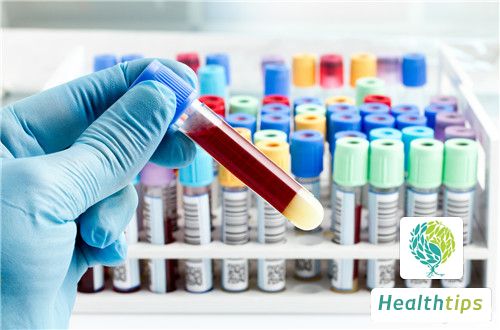Blood tests do not necessarily require fasting, which depends on the test items. Whether the body is healthy or not, blood tests have become a necessary examination item. It is necessary to fast before blood tests for blood sugar, blood lipids, and liver function, otherwise it will affect the test results. The five tests for hepatitis B or blood type do not require fasting. The purpose of blood tests is different, and the requirements will be different. Therefore, you can consult a doctor specifically the day before the blood test. Whether to fast for blood tests depends on the test items. When going to the hospital to see a doctor or check the physical health, blood tests have basically become a necessary examination item. Many people are unclear about whether to fast in the morning and whether to be hungry. Some test items checked after meals will affect the test results, so fasting blood tests are required, such as fasting blood sugar, blood lipids, and liver function. Some specifically require blood draws after meals, such as checking blood sugar two hours after meals. Some tests can be done with or without fasting, such as checking five hepatitis B items, blood type, and glycated hemoglobin. Some require blood draws at specific time points, such as checking endocrine hormones and glucose tolerance. Some tests require blood draws before medication, such as blood draws for bacterial culture to see if there are bacteria in the blood. In general, different blood test purposes will have different requirements. Listen carefully to the instructions of doctors and nurses. If you are not sure whether to fast, you can consult the hospital. If it is just a routine physical examination, fasting blood tests are fine. The requirement for fasting blood tests for physical examination does not mean that you cannot drink any water. Experts said that drinking 50 to 100 milliliters of plain water in the morning on the day of the physical examination is not a problem and will not affect the test results, as long as you don't drink hundreds of milliliters in large quantities, it will not affect the physical examination results. However, special attention should be paid to not drinking beverages, tea, coffee, etc. Generally, the best time for blood draws is between 7:30 and 10:00 in the morning. After 10 o'clock, due to the influence of physiological endocrine hormones in the body, although it is also fasting, too late will cause blood sugar distortion.


